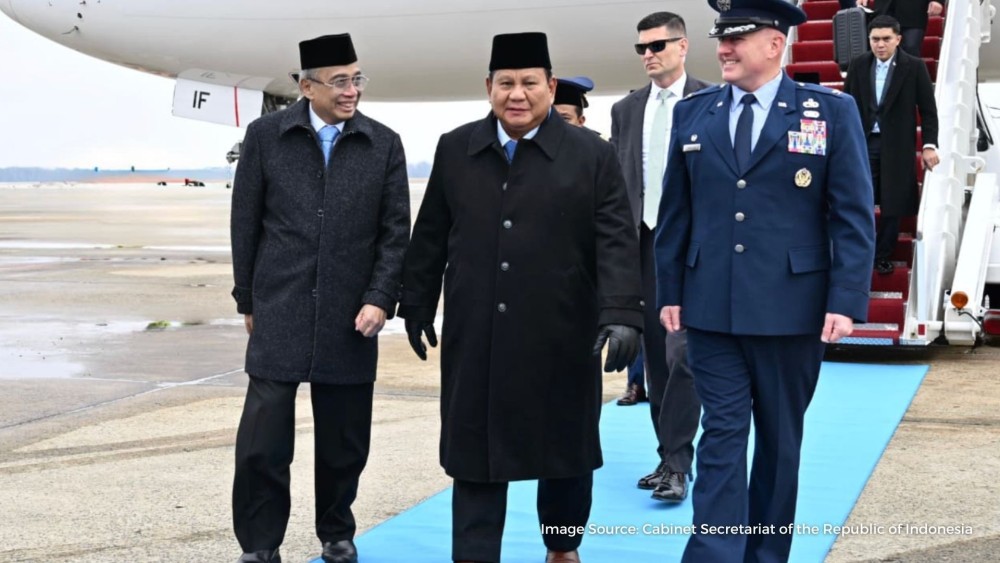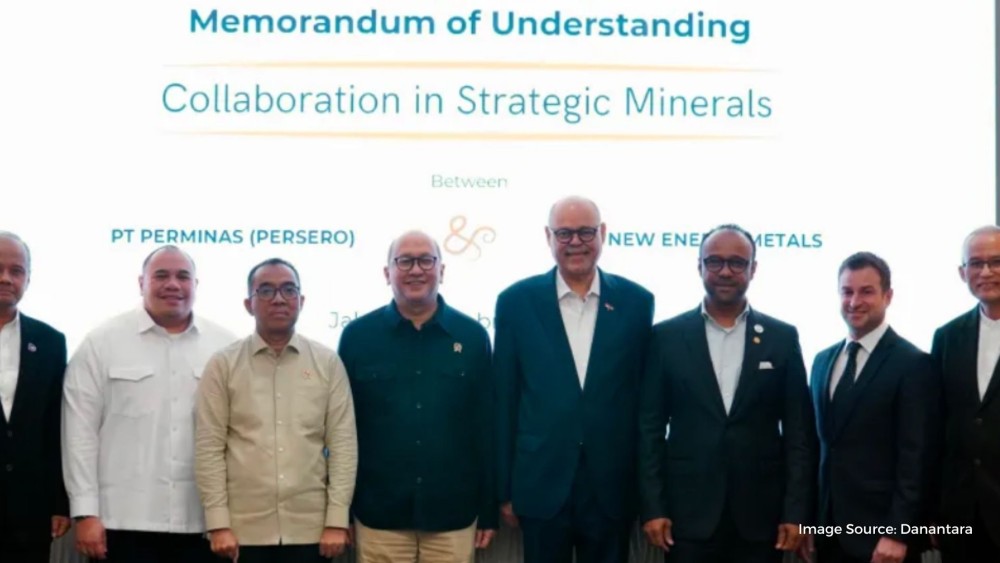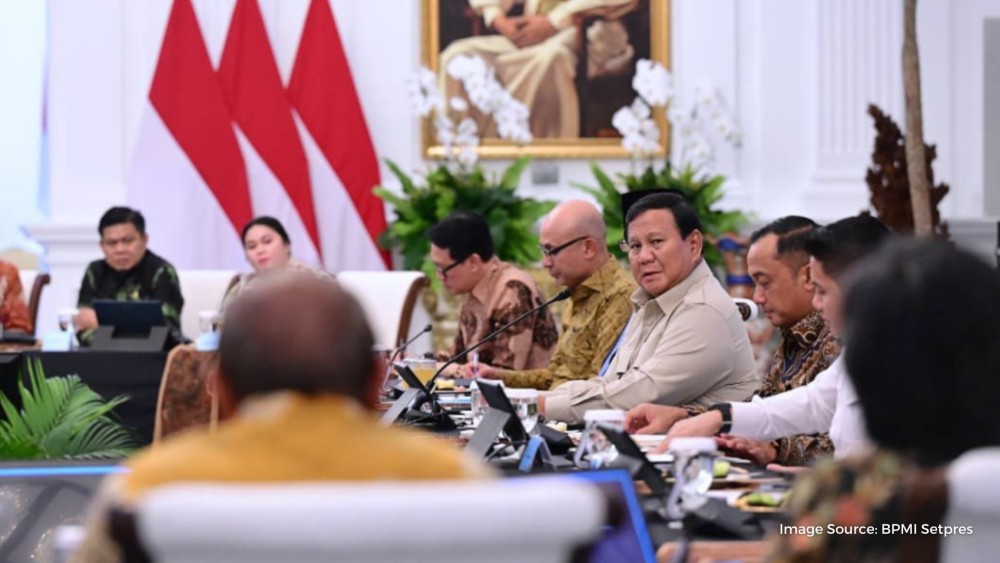Indonesia bets on Japan tie-up to boost its nascent hydrogen industry
30 Jun 2024

Indonesia is betting a new partnership with Japan will help develop its nascent hydrogen production sector into a key export industry as demand for cleaner energy surges.
During last month's Hydrogen-Ammonia Development Acceleration Forum in Jakarta, hosted by Indonesia's energy and mineral resources ministry and the Japan International Cooperation Agency (JICA), the two countries agreed to cooperate on developing the ecosystem for hydrogen and ammonia.
"With the extensive application of hydrogen and ammonia, Indonesia wants to be a key player in the global hydrogen market," Eniya Listiani Dewi, a director general in the Ministry of Energy and Mineral Resources, said at the forum.
"We are strategically located near one of the world's most important shipping lanes, the Malacca Strait, so Indonesia is in the right position to export 'green' hydrogen to countries in the Asia-Pacific region and beyond," she said, referring to hydrogen produced by electrolysis of water using electricity derived from renewable energy.
Hydrogen has been hailed by some as a cleaner alternative to fossil fuels for heavy industry, automobiles and aviation, as nations around the world scramble to curb their carbon dioxide emissions.
Indonesia and Japan will establish a platform to exchange information related to decarbonization technology between the public and private sectors in both nations. The collaboration will also include studying the potential need for Japan's support in areas such as designing standards, as well as providing official assistance for hydrogen-related infrastructure development.
"I really invite Japanese colleagues [from] business entities to develop hydrogen production, storage and utilization and innovation [in Indonesia]," the minister said.
The Southeast Asian is currently preparing a so-called hydrogen roadmap toward 2060, which it expects to release by the end of this year. State news agency Antala on June 20 reported the Indonesian government is preparing incentive programs for green hydrogen developers.
Indonesia's hydrogen industry is still young, with the gas currently mainly used in agriculture rather than for energy, according to Andrew Delios, a professor at the strategy and policy department in the National University of Singapore's business school. "As a late entrant to the hydrogen market, Indonesia faces challenges in technology, production capacity, establishing a supportive regulatory framework and the relevant industry support infrastructure."
Delios added, "Catching up will require concerted efforts across these dimensions to foster a competitive hydrogen industry."
According to an International Energy Agency database released last October, countries including China, Japan, France and the U.S. each have double-digit numbers of operational hydrogen production projects.
Resource-poor Japan has been experimenting with hydrogen to displace natural gas as well as looking into replacing some coal with ammonia, as it tries to build supply chains of potentially carbon-free fuels. The nation prides itself in being first to come up with a national strategy for hydrogen in 2017.
"We aim to support the future market creation of hydrogen in Indonesia and to create a win-win situation that will also contribute to Japan's energy transition," Kojun Nakashima, a JICA assistant director, told Nikkei Asia. "The future potential of importing hydrogen from Indonesia [to Japan] could be an advantage when it comes to transportation distances, while from the perspective of [Japan's] resource diplomacy, it is important to expand energy procurement sources."
In the private sector, Tokyo Electric Power Co. Holdings has begun a feasibility study with Indonesian state-owned energy group Pertamina on hydrogen technology that utilizes surplus electricity and exhaust heat from geothermal power generation as they aim for the cost-competitive production of hydrogen.
Indeed, reducing the cost of green hydrogen is a major barrier to increased usage. Depending on the prices of natural gas and renewable electricity, producing hydrogen from renewables can cost between two and seven times as much as making it from natural gas without carbon capture, according to the IEA.
"Whether hydrogen produced in Indonesia can improve its price competitiveness so the country can become an exporting nation will depend on collective efforts by private and public stakeholders," said JICA's Nakashima.
To read original article click here
















